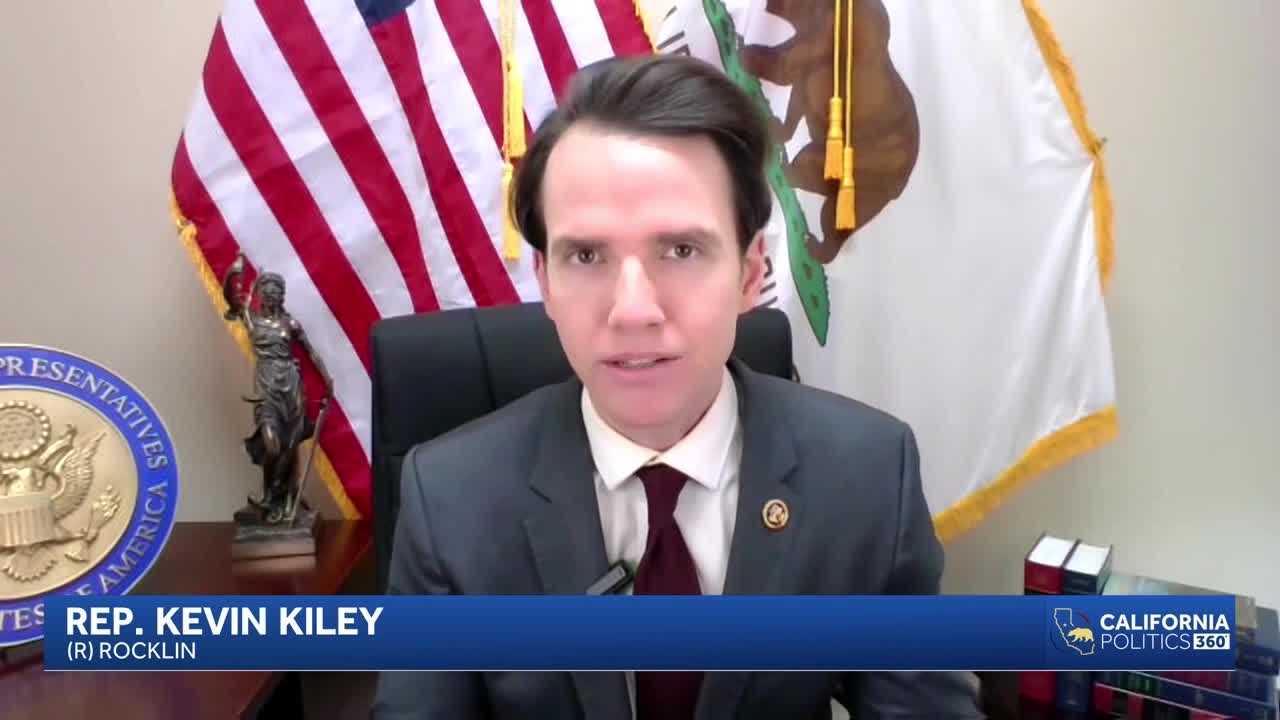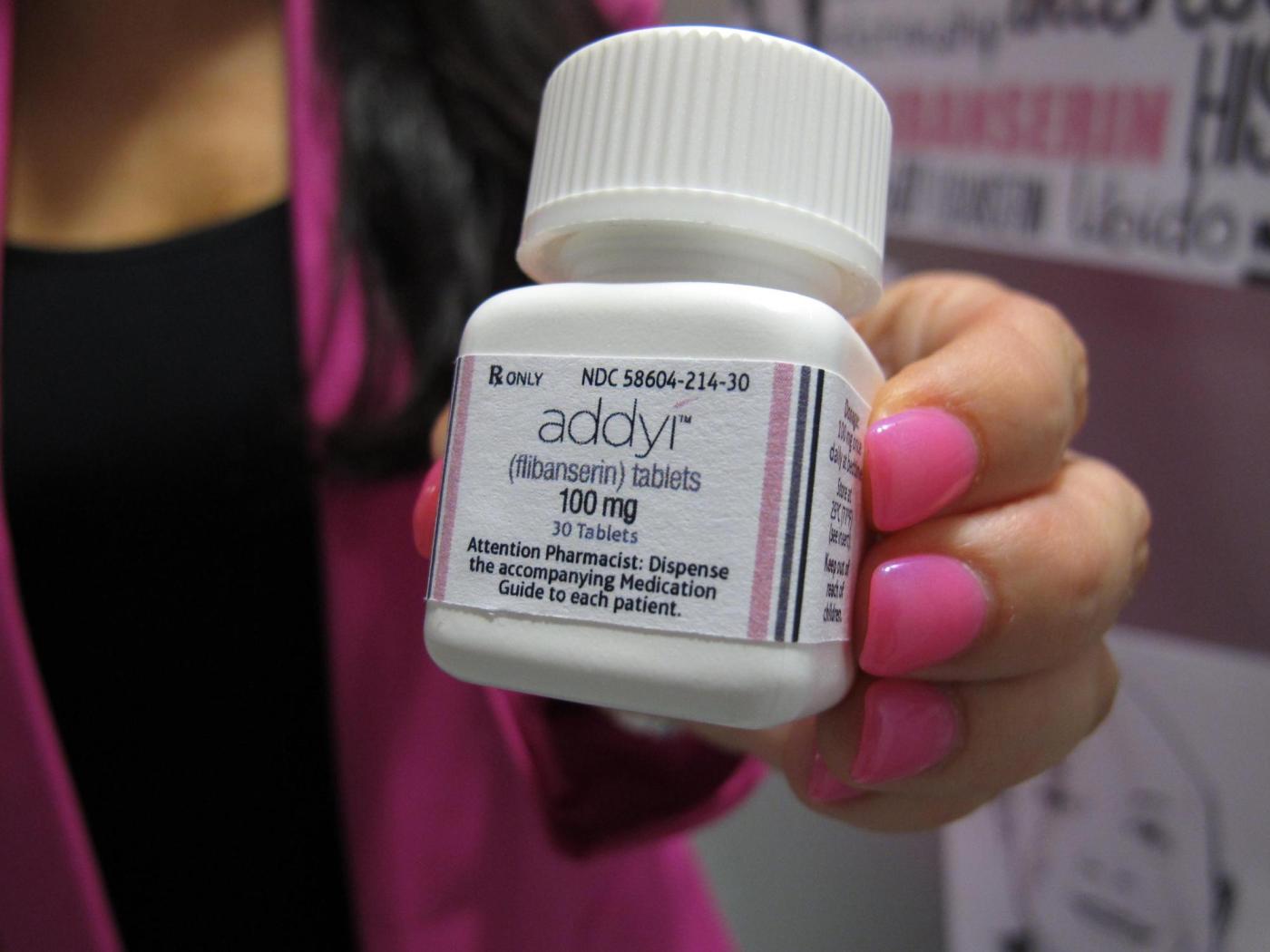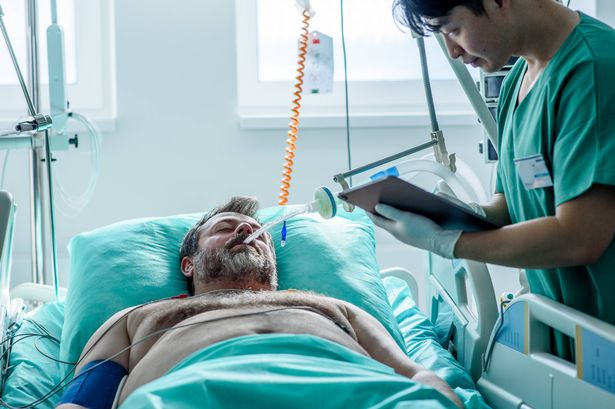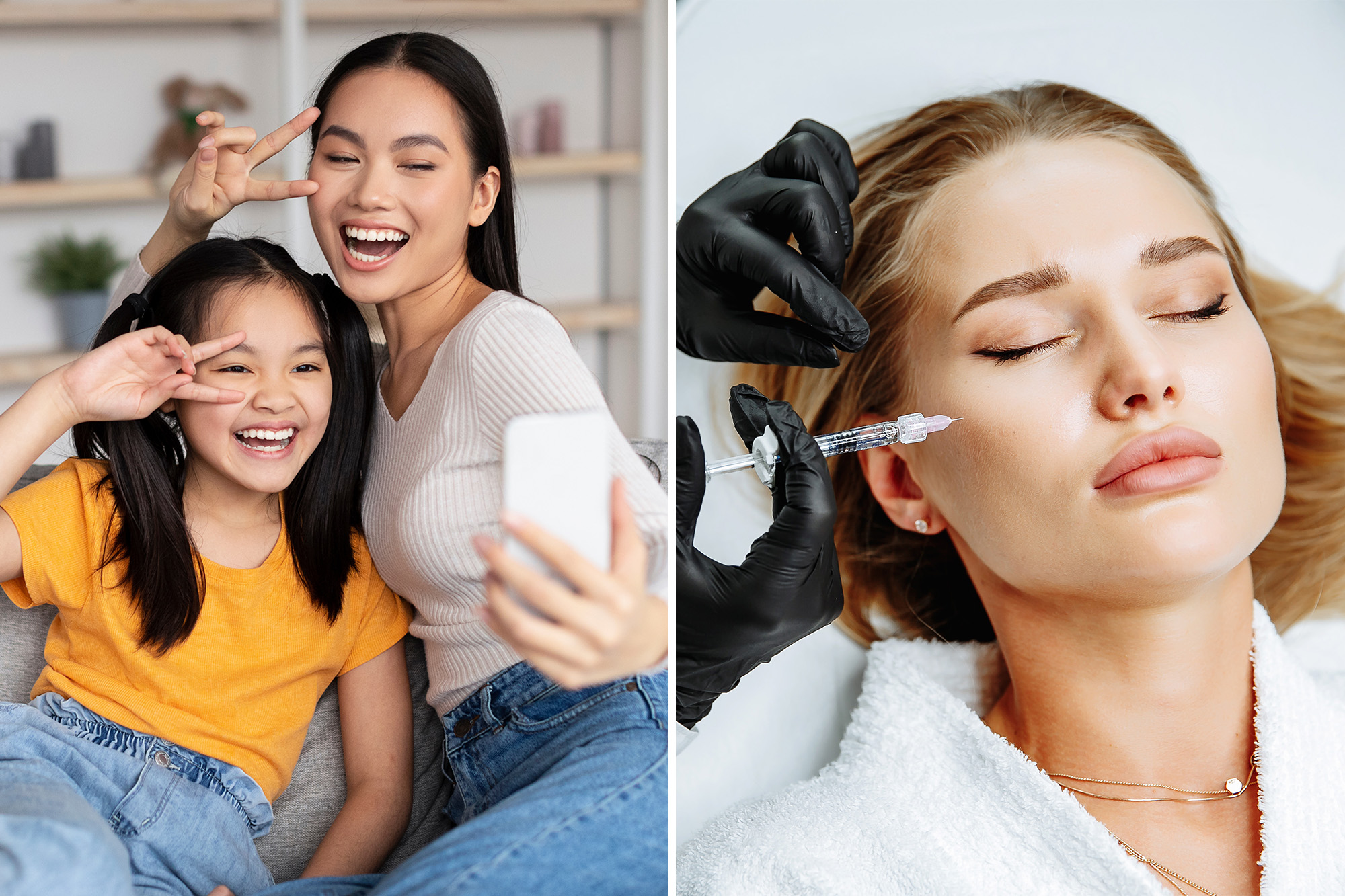Researchers from Rutgers Health, Harvard University, and the University of Pittsburgh have raised alarm over the risks associated with unregulated mobile health applications designed for substance use reduction. In a commentary published in the Journal of the American Medical Association, the experts call for stricter oversight of these technologies, emphasizing the need for transparency and regulation to protect users from misleading health information.
Concerns Over Unregulated Apps
Jon-Patrick Allem, an associate professor at the Rutgers School of Public Health and senior author of the commentary, highlights that while some mobile health apps show potential in controlled studies, their real-world effectiveness remains limited. Many apps promoted in public marketplaces prioritize advertisement revenue over scientific validation, making it challenging for users to find reliable, evidence-based resources.
Systematic reviews indicate that a majority of substance use reduction apps fail to employ proven methods. They often make exaggerated claims about their effectiveness and use technical language to appear credible. Users may struggle to discern which applications are genuinely backed by research.
Identifying Evidence-Based Apps
To identify trustworthy apps, consumers should look for specific indicators. Reliable applications typically cite peer-reviewed studies, are developed in collaboration with professionals or academic institutions, and have undergone independent evaluation. Additionally, they should adhere to strict data standards, providing clear information on data storage and compliance with regulations such as HIPAA.
The current landscape reveals a significant lack of enforcement regarding health-related claims made by mobile applications. This absence of regulation leaves many individuals vulnerable to misinformation, which can impede the treatment and recovery of those facing substance use disorders.
The Role of Generative AI
The rise of generative artificial intelligence in health applications has further complicated the issue. Tools like ChatGPT have increased access to health information, but they also introduce major safety risks. These can include the dissemination of inaccurate information and inadequate responses to crisis situations, ultimately normalizing unsafe behaviors.
Experts recommend that consumers be cautious about apps that use vague terminology, such as “clinically proven,” without detailed references. Apps that promise overly simplistic solutions or results that seem too good to be true should also be approached with skepticism.
Proposed Regulatory Measures
One potential solution for improving oversight is to require Food and Drug Administration (FDA) approval for health apps. This would necessitate that apps undergo randomized clinical trials and meet established standards before being accessible to the public. Until such measures are in place, clear labeling is crucial to inform consumers of which applications are evidence-based.
With appropriate regulations and enforcement mechanisms, including fines and removal of non-compliant products, it is possible to ensure that mobile health applications remain accurate, safe, and responsible for users seeking help with substance use reduction.







